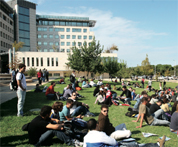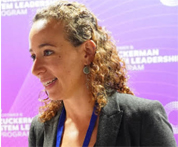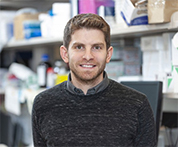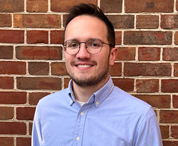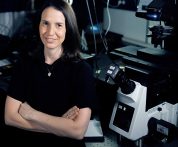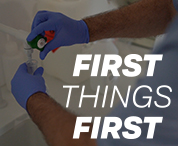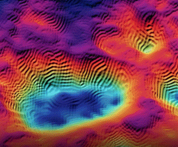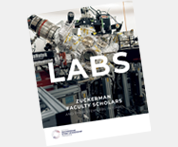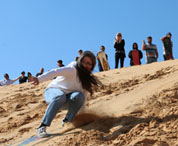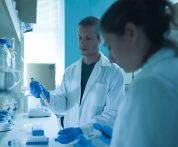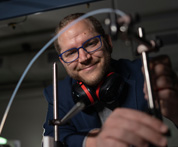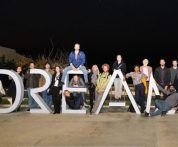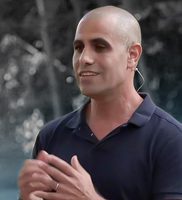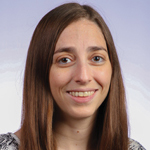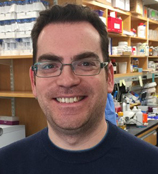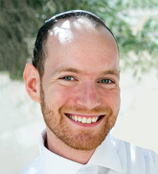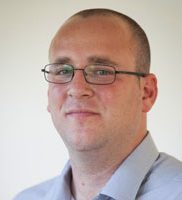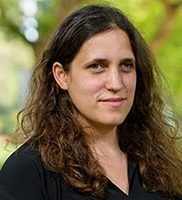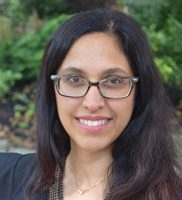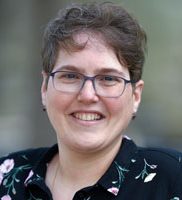Professor Tal Dvir
Tel Aviv University
Tal Dvir is a Professor at Tel Aviv University, Israel. He obtained his B.Sc. (2003) and Ph.D (2008) degrees from the faculty of Engineering at Ben-Gurion University of the Negev in Israel. His Ph.D research, under the supervision of Prof. Smadar Cohen focused on cardiac tissue engineering and regeneration. Tal continued his postdoctoral studies in the laboratory of Prof. Robert Langer in the Department of Chemical Engineering at MIT. His postdoc research focused on advanced materials for tissue engineering and regeneration.
In October 2011 Tal was recruited by the Department of Biotechnology and the Center for Nanotechnology at Tel Aviv University to establish the Laboratory for Tissue Engineering and Regenerative Medicine. In 2013, Tal also joined the newly established Department of Materials Science and Engineering at Tel Aviv. Since 2021 Tal is also affiliated with the Department of Biomedical Engineering.
Tal’s laboratory designs and develops smart bio and nanomaterials and technologies for engineering complex tissues and organs, such as the heart, brain, spinal cord, intestine, eyes and more. During his career Tal has published many high impact papers and received numerous prizes and awards. Tal is also an inventor of numerous patents.
Tal is currently the Director of Tel Aviv University Center for Nanoscience and Nanotechnology and the Founding Director of the Sagol Center for Regenerative Biotechnology.
 ISRAELI COUNCIL FOR HIGHER EDUCATION
ISRAELI COUNCIL FOR HIGHER EDUCATION MIT-Israel Zuckerman STEM Fund for Faculty Collaboration
MIT-Israel Zuckerman STEM Fund for Faculty Collaboration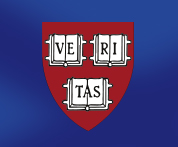 The Zuckerman Travel and Research STEM Fund at Harvard
The Zuckerman Travel and Research STEM Fund at Harvard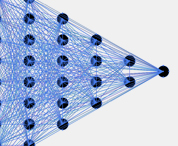 Zuckerman AI Fund at Technion
Zuckerman AI Fund at Technion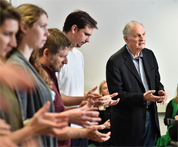 Alan Alda Communicating Science
Alan Alda Communicating Science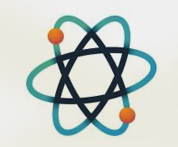 Zuckerman Institute – ScienceAbroad
Zuckerman Institute – ScienceAbroad Zuckerman Institute – America-Israel Friendship League partnership
Zuckerman Institute – America-Israel Friendship League partnership



